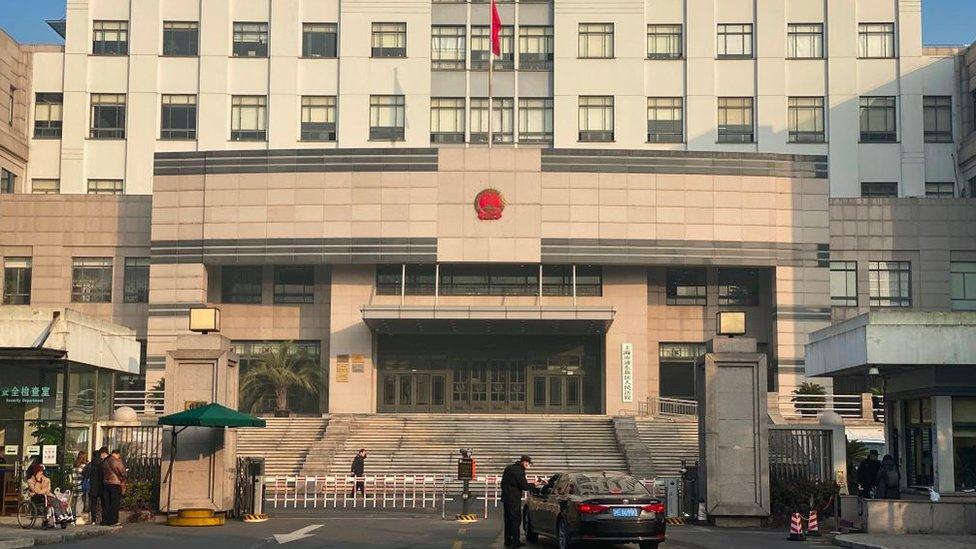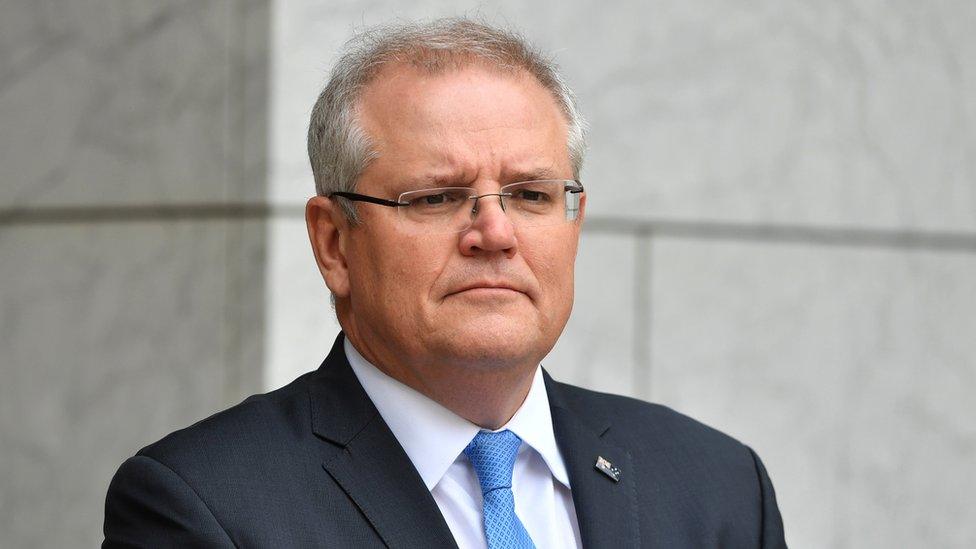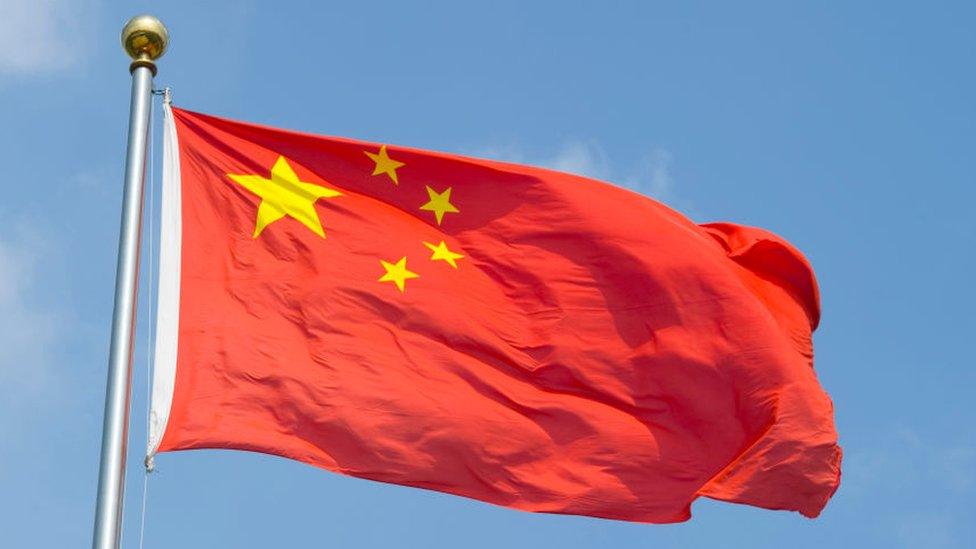New Zealand court to allow extradition to China in 'disturbing precedent'
- Published

New Zealand government said China's promise to try the suspect in Shanghai was an adequate measure of safety
New Zealand's top court has ruled that a man can be extradited to China to face a murder charge, in what activists have called a "deeply disturbing precedent".
Kyung Yup Kim, a New Zealand permanent resident, is accused of murdering a young woman in Shanghai in 2009.
Human rights groups say he faces an unfair trial or risk of human rights abuses under China's judicial system.
But New Zealand's government says it has been assured this will not happen.
If he is is sent over, it will mark New Zealand's first extradition of a prisoner to China.
Mr Kim has been fighting the move for over a decade, since Chinese authorities requested his extradition in 2011.
His lawyer, Tony Ellis, told the BBC the government was "deluded" if they thought the diplomatic assurances they had received from China would protect Mr Kim from receiving ill treatment in Chinese custody.
Lawyers also claimed that Mr Kim could be subjected to undetectable forms of torture.
"Torture is systemic in the Chinese system... and it's now shifted to a new form of torture which no amount of diplomatic assurances can safeguard against," said Mr Ellis, adding that he has written to New Zealand's justice minister again to stop any extradition.
New Zealand had at first refused to give Mr Kim up to China upon receiving the extradition request in 2011.
However, the government changed its mind in 2015. It told the Supreme Court it had sought and secured assurances from Beijing that Mr Kim would be treated fairly.
The diplomatic promises include that Mr Kim would be held in custody and trialled in Shanghai, and that New Zealand consulate officials would be able to visit Mr Kim every 48 hours during the investigation period.
On Wednesday, the Supreme Court ruled in favour of the government.
Foreign minister Nanaia Mahuta said in court documents that China saw this case as an important "test case" for succeeding in further extradition requests, and the international attention around it would preclude authorities from mistreating Mr Kim.
She added New Zealand and China had "a strong common interest" in "effective law enforcement co-operation".
She also noted that while the government recognised other concerning cases of foreign nationals - including Australians and Canadians currently detained in China - she said Mr Kim faced a lower risk because his case was "non-political" and wasn't mired in "broader bilateral issues".
'No reason for New Zealand to compound injustice'
But activists argue otherwise.
"[Mr] Kim's case stems from terrible injustice - an unsolved murder - in China. But there is no reason for New Zealand to compound injustice and set this deeply disturbing precedent," tweeted Sophie Richardson, the China director of HRW.
Amnesty International and Human Rights Watch (HRW) had earlier last year made submissions to the New Zealand government. Some reports say China's jurisdictional system has a conviction rate of over 99%.
Mr Kim is accused of murdering Peiyun Chen, a 20-year-old waitress and sex worker in Shanghai in 2009 - a charge he denies. Chinese police say they have DNA evidence linking him to the crime and a confession he made to an acquaintance that he had "beaten a prostitute to death".
His lawyer says they are making a complaint to the UN human rights committee and will also launch a further legal challenge based on Mr Kim's deteriorating health, if political lobbying efforts fail.
Like most other Western nations, New Zealand does not have an extradition treaty with China. In 2020 it also joined Australia and Canada in suspending its extradition agreement with Hong Kong over fears of China's expanding legal reach in that territory.
Related topics
- Published9 July 2020

- Published1 December 2021

- Published30 June 2021

- Published13 July 2015